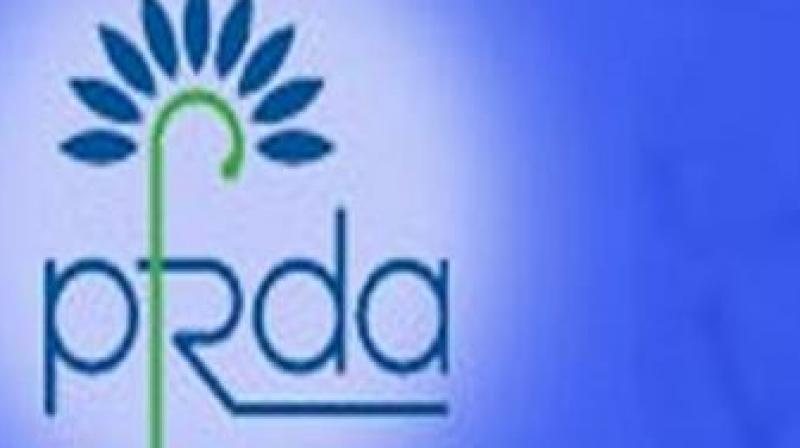PFRDA mulls various withdrawal options to optimise pension
PFRDA is also looking at possibilities of combining other assets like house as source of income for the subscribers.

Mumbai: In its bid to optimise the retirement income of the New Pension System (NPS) members, PFRDA is exploring alternative mechanisms for introducing different variants of the withdrawal options, a senior official said.
This may include systematic/phased withdrawal options, under which different combinations of withdrawal packages with/without annuity options can be offered to the subscribers.
Moreover, Pension Fund Regulatory and Development Authority (PFRDA) is also looking at possibilities of combining other assets like house as source of income for the subscribers together with the pension asset.
"We are looking at all options for optimising the pension wealth for the retirees including SWP/phased withdrawal combined with tax exemption on entire pension wealth as well as housing as a source of supplementary income particularly in view of the subdued and shallow annuities market," PFRDA whole time member (finance) RV Verma told PTI. "We have already set up a committee to look into housing related retirement incomes for the NPS members," he added.
Under the extant regulations, a minimum of 40 per cent of the pension wealth (AUM at superannuation) has to be mandatorily annuitized and balance 60 per cent may be withdrawn as lump-sum. However, only 40 per cent of the lump-sum withdrawal is tax exempt.
Thus, there is already a built-in disadvantage to the National Pension Scheme (NPS) subscribers by way of tax payable on balance 20 per cent of the lump-sum withdrawal, falling on the lines of EPF/PPF.
This acts as a disincentive for the subscribers for withdrawing more than 40 per cent of the accumulated amount as lump sum. For lack of alternative options, these amounts also have to be annuitized.
Though endeavor is made to provide for optimum pension income by way of annuity-which covers the entire life of the subscriber and his family thereafter (thereby addressing the longevity risk), the annuity market does not offer the kind of return which other financial instruments provide.
The retirement income of the NPS subscriber is thus affected by both these factors, which need to be addressed. "On the first issue, PFRDA is already pursuing the matter with the Government of India for similar tax exemption on lump-sum withdrawal (100 per cent instead of only 40 per cent).
This will considerably enhance the disposable retirement income of the subscribers," RV Verma told PTI. "On the other hand, the sub-optimal return on the annuitized component results in depressed income for the subscribers. The two together are like a double whammy for the subscribers," he said.
Therefore, there is a compelling need for exploring alternate mechanisms such as combinations of various withdrawal options in a phased manner combined with deferred annuities so as to have a more balanced package for the subscriber combining both factors including optimum disposable income as well as life cover, he said.

